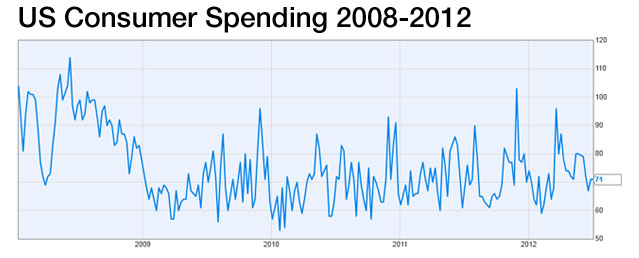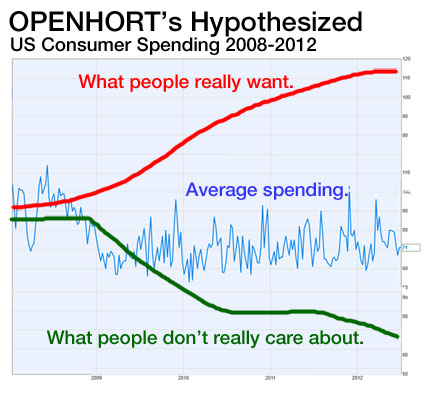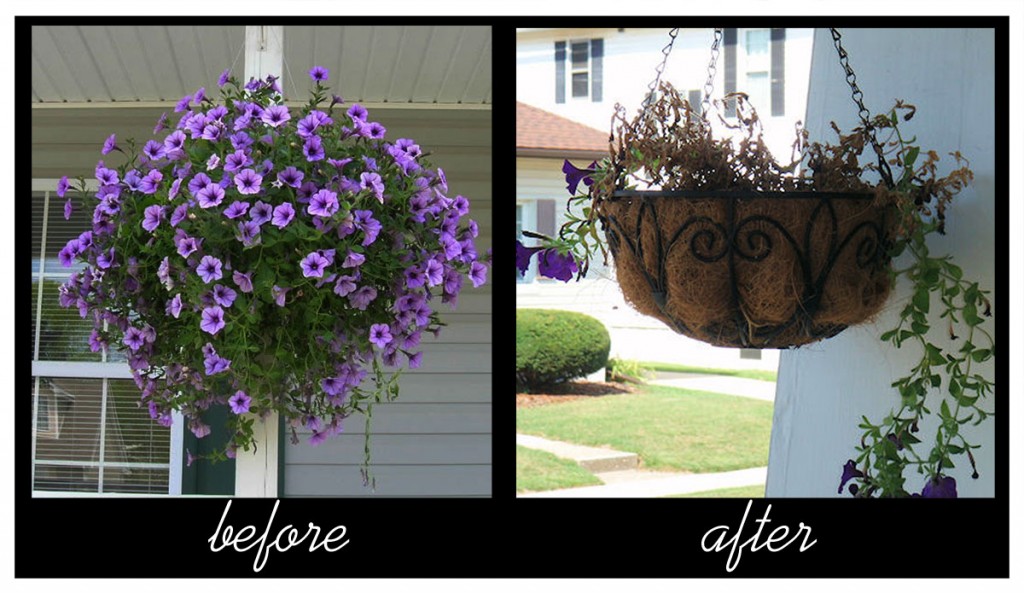
Business stinks.
A year ago, at the OFA Town Meeting, we asked ourselves, “why doesn’t the customer love us any more?” After 12 months, we’re still struggling to answer that question, and in the meantime, things haven’t improved much for the “green industry.” Sales continue to slide. Customers have disappeared. Profits keep on shrinking. If you are thriving and booming–seeing your best years ever–then please come to the OFA Town Meeting to share with us your secret to success. But for most of us, across all channels, business just stinks. (And give the next guy who says, “Our sales are up this year!” a quick kick in the pants, because he’s comparing one lousy year against another lousy year. Business still stinks.)
Blame game.
Why does business stink? Many think the answer is obvious: “It’s the economy, stupid!” Everything is down; get over it. But is this true? According to economist Charlie Hall, who is a panelist to help lead the discussion at the OFA Town Hall this year, consumer spending is actually greater than it was before the recession. So, if your sales aren’t back to where they were before the recession started, you have to ask, “What are we doing wrong?”
My first observation when looking at this chart is: “Consumer spending is back to where it was before the recession?” 2008 sure looks a lot better than 2012. I guess Charlie and other economists must put the “start” of the recession somewhere in 2009. But even if consumer spending as a whole isn’t back to the way it was in 2007, we still shouldn’t be too quick to blame the economy for all of our problems. People are still spending money. Lots of money, actually. The question we have to ask is, “Why aren’t they spending more with us?”
It may seem elementary, but we think people are increasingly spending their money on the things they REALLY WANT, and are continuing to cut back on the things they just don’t really care about that much. In other words, the rich get richer and the poor get poorer. “Whoever has will be given more, and he will have an abundance. Whoever does not have, even what he has will be taken from him. (Matt. 13:12)”
Which path do you think “the green industry” is on? What’s booming now? Think iPads, smartphones, flatscreen TVs and (ironically?) organic food and “sustainable green” products. Do plants fit into that list? (We think the answer is, “No, but it should (and could) be.”
Explanations.
Perhaps you’re inclined to look at macro trends for an explanation: demographics show us why our customers are disappearing. Maybe you are more interested in industry trends, so you see that oversupply and lack of fiscal discipline has really hurt average price and consistency of quality and results for producers. Maybe you’re more in touch with cultural issues, so the death of local media outlets like newspapers with their once-universal reach and ability to communicate with a market is what really stands out: social media alternatives just aren’t able to bring people into the stores like newspapers and radio used to be able to do. Or maybe, just maybe, you’re crazy enough to think, “Could it be our product doesn’t perform? Are people sick and tired of killing plants? Are they over us? How many times did they bring home a great looking plant from the store only to see it slowly shrivel up and croak? Could it be that our product, instead of making them feel good about themselves, their lives and their environment…makes them feel like failures? Could it be our plants have increasingly more “sizzle” (point-of-purchase branding and florist-quality blooms) but a decreasing amount of “steak?”
I will re-post this “Before & After” picture because I think it bears thinking about more deeply. This is what we’re selling. We should be disturbed by this.



